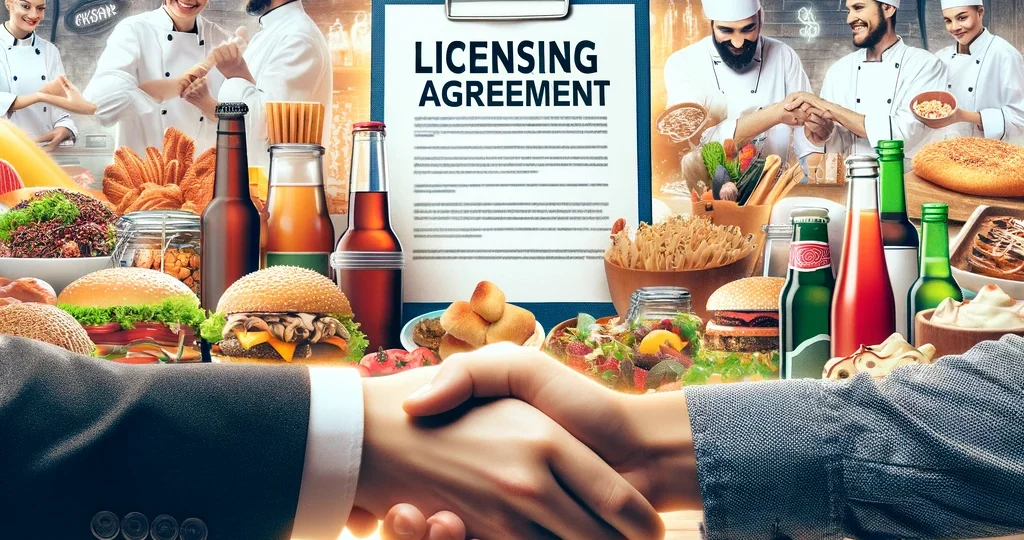
Licensing agreements are pivotal bridges that connect innovative brands with broader audiences, allowing them to share their culinary delights far and wide. Yet, the art of drafting a licensing agreement that benefits both the licensor and licensee requires a delicate balance of legal acumen, industry knowledge, and strategic foresight. This is where the expertise of a food brand licensing attorney becomes invaluable, ensuring that every clause and provision supports a mutually beneficial partnership.
Understanding Licensing Agreements
At its core, a licensing agreement is a legal contract that grants one party (the licensee) the rights to use, manufacture, and sell products under the trademark or brand of another party (the licensor). For food and beverage companies, these agreements can encompass everything from recipes and product formulations to brand names and packaging designs.
Key Elements of a Win-Win Licensing Agreement
- Clear Definitions of Rights and Obligations: A successful agreement explicitly outlines what rights are being licensed and any restrictions on their use. It should clearly define the scope of use, territory, duration, and renewal terms.
- Financial Arrangements: Transparent financial terms, including royalty rates, payment schedules, and minimum sales targets, are crucial. These should be structured to incentivize both parties to maximize the brand’s potential.
- Quality Control Measures: To protect the licensor’s brand integrity and the licensee’s investment, the agreement must specify quality standards and compliance mechanisms. Regular audits and product approvals can ensure that the licensed products meet the brand’s high standards.
- Intellectual Property Protection: The agreement should include provisions for the protection of the licensor’s intellectual property, detailing how the licensee must handle the brand and any related trademarks to prevent dilution or infringement.
- Dispute Resolution: Finally, a win-win agreement provides clear mechanisms for resolving any disputes that may arise, favoring mediation and arbitration over litigation to preserve the business relationship.
The Role of a Food Brand Licensing Attorney
Navigating the complexities of licensing agreements in the food and beverage sector requires specialized legal expertise. A food brand licensing attorney brings not only a deep understanding of intellectual property law but also an awareness of industry-specific challenges and opportunities. From negotiating favorable terms to drafting agreements that anticipate and mitigate potential risks, an attorney can be your greatest ally in forging successful licensing partnerships.
Work With Juris Law Group Today!
Crafting win-win licensing agreements is a nuanced process that can significantly impact the success of your food and beverage brand. With the right legal guidance, these agreements can foster fruitful collaborations that expand your brand’s reach while safeguarding its integrity. Partnering with an experienced food brand licensing attorney ensures that your agreements serve as solid foundations for growth, allowing you to share your culinary creations with a wider audience while maintaining the essence of what makes your brand unique.
